Villains whom the audience agrees with make for very compelling stories. Most often, this specific type of villain forces the protagonist to confront their own shortcomings and do better in the future. The villain usually still falls in the villain category because they are willing to commit murder and incite other violence or destruction to achieve their goals. However, while the other characters and the audience do not agree with their methods, they at least acknowledge their motivations.
Some sympathetic villains make valid points about things like poor leaders, failing systems, and other injustices. The movie typically concludes when the protagonist predictably defeats the villain, but it says a lot when they then move forward with a non-violent version of the villain’s plan. In movies, this can convince the audience to reconsider their own lives and the world they live in.
8 Anakin Skywalker/Darth Vader
Star Wars: Revenge Of The Sith (2005)

Anakin is drawn to the Dark Side by Palpatine’s promises of unlimited power, believing it will allow him to prevent Padmé’s death. However, his growing disillusionment with the Jedi Order makes it even more difficult for him to remain loyal to them. In Star Wars: Revenge of the Sith, Anakin’s frustrations stem from the fact that the Jedi do not fully trust him and that they want him to spy on Palpatine.
Star Wars: The Clone Wars further explores the Jedi’s crimes in war and politics, as well as the general shortcomings of their philosophy. Former Padawan Barriss Offee turns on the Jedi because she comes to believe that they no longer stand for the ideals of peace and non-violence, as they continue to participate in the Clone Wars. Additionally, Anakin’s Padawan Ahsoka is framed when Barriss bombs the Jedi Temple. Although Ahsoka’s innocence is proven, she loses faith in the Jedi because they went as far as considering executing her, and leaves the Order peacefully.
7 Yzma
The Emperor’s New Groove (2000)
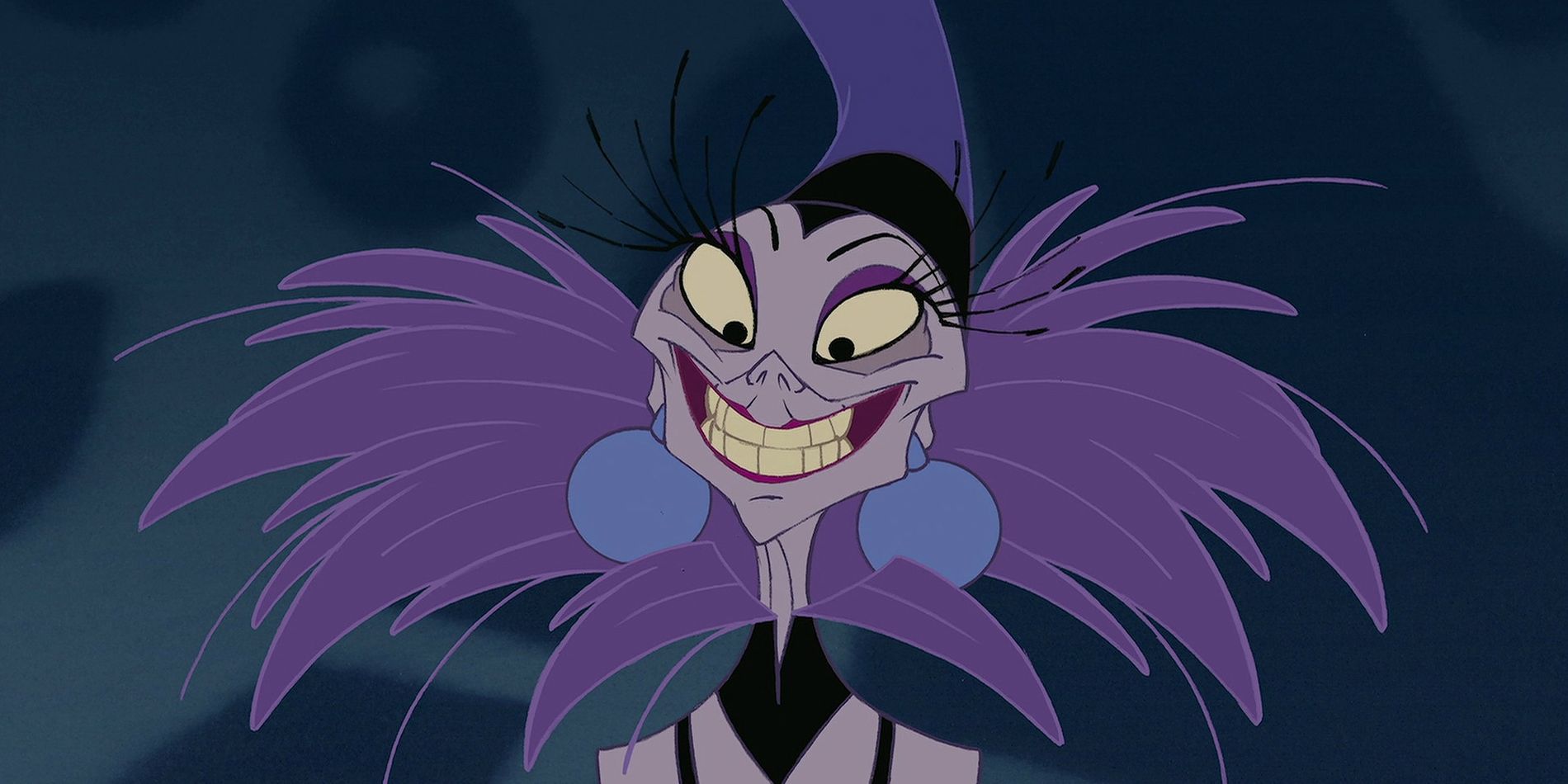
In The Emperor’s New Groove, characters like Yzma and Pacha are dealing with a child-like tyrant. Kuzco does whatever he wants, including having an elderly man thrown out of a tower and evicting an entire village to build himself a vacation home. Kuzco shows no interest in running the kingdom but gets mad at Yzma when she does it instead. Yzma understandably sees Kuzco dismissing her for doing a job he doesn’t want to do as a betrayal, although she clearly does not care about the people either.
Kuzco also jokingly asks Yzma what she will do now when Yzma probably doesn’t know. It’s safe to assume that, in this setting, it is not as simple as just finding another job and place to live. Yzma’s storyline is very similar to Pacha’s, Yet Pacha has even more to lose than Yzma and could have let Kuzco wander off into the jungle alone to secure his family and village’s future. However, Pacha, unlike Yzma, is unwaveringly good at heart and can’t bring himself to let Kuzco die.
6 Magneto
X-Men (2000)
Throughout Fox’s X-Men movies, Erik Lensherr a.k.a. Magneto’s mission is based on his belief that regular humans will never trust mutants. Therefore, he argues that they must do what is necessary to protect their own kind before they are destroyed. Additionally, Magneto and his family were Holocaust victims, and he knows what humans are capable of at their worst.
Magneto is essentially proven right in 2014’s X-Men: Days of Future Past when the Sentinels created to combat the mutants prove to be too powerful to fight. Magneto is always the villainous foil to Professor X’s attempts to establish peace, since he kills innocent bystanders without a second thought to advance his plans. However, Magneto ultimately believes that they are being threatened, and they must be offensive to be defensive.
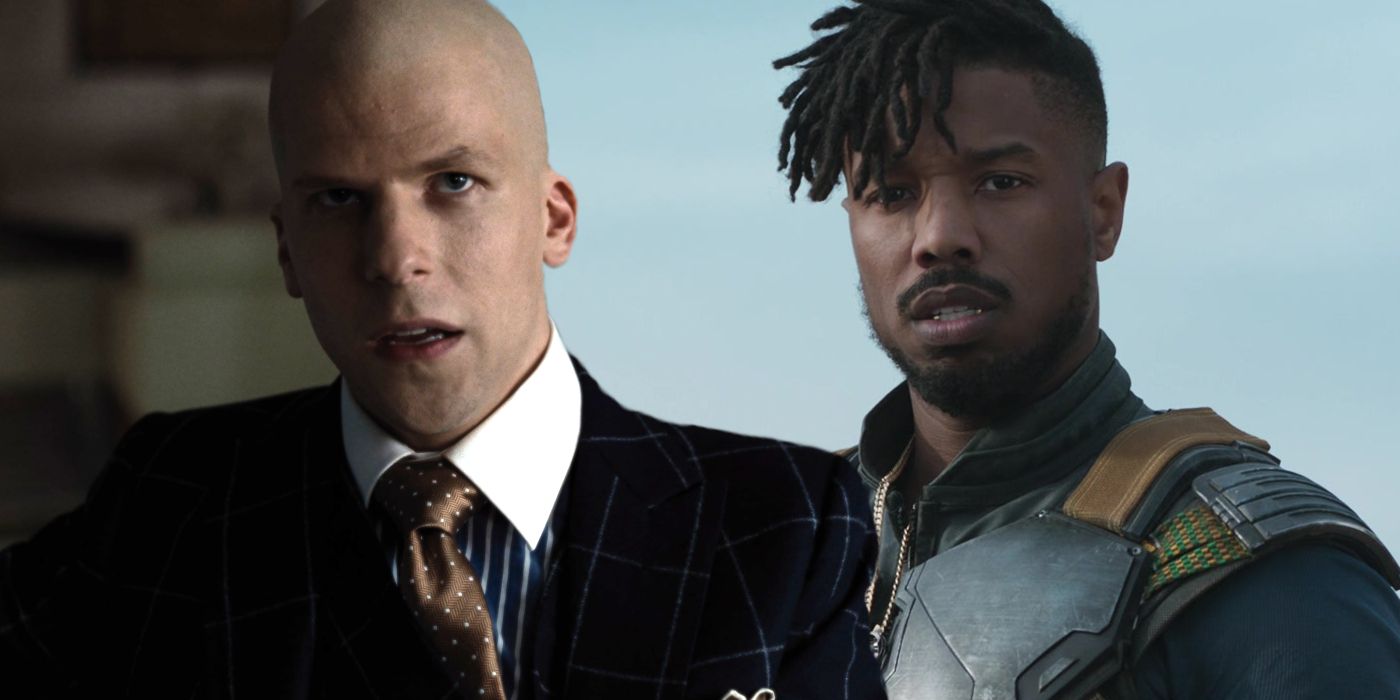
10 Comic Book Movie Villains Who Genuinely Believe They’re Heroes
Many villains believe they’re doing the right thing, seeing themselves as admirable heroes who will do whatever it takes to achieve their goals.
5 Loki
Thor (2011)
Flashbacks in the first Thor movie reveal that Odin suggested to his young sons that either one of them could have become King of Asgard. However, he fully intended for his biological son Thor to inherit the throne rather than his adopted son Loki, whom he took in with hopes of brokering peace with the Frost Giants. Therefore, when Thor grew up to be brash and violent, and was still favored over Loki’s strategic persona, Loki felt that he was cheated out of the throne and convinced himself it would be better if he took it by force. He wasn’t entirely wrong – at that time, Thor was nowhere near ready to be king and would have gotten Asgard embroiled in another war.
4 The Riddler
The Batman (2022)
In the newest live-action Batman movie, Edward Nashton a.k.a. the Riddler delivers a poignant monologue that illustrates the wealth gap in Gotham. He describes how the public sympathized with Bruce Wayne after his parents’ deaths due to the media coverage of his life. Yet while Bruce lived in luxury, other orphans in Gotham, including Nashton, grew up in impoverished conditions. The Riddler’s plan in The Batman comprises killing the politicians, law enforcers, and Bruce himself, whom he sees as responsible for Thomas Wayne’s Renewal Fund never reaching the orphans who needed it, and the overall corruption in Gotham City.
3 Ozymandias
The Watchmen (2009)
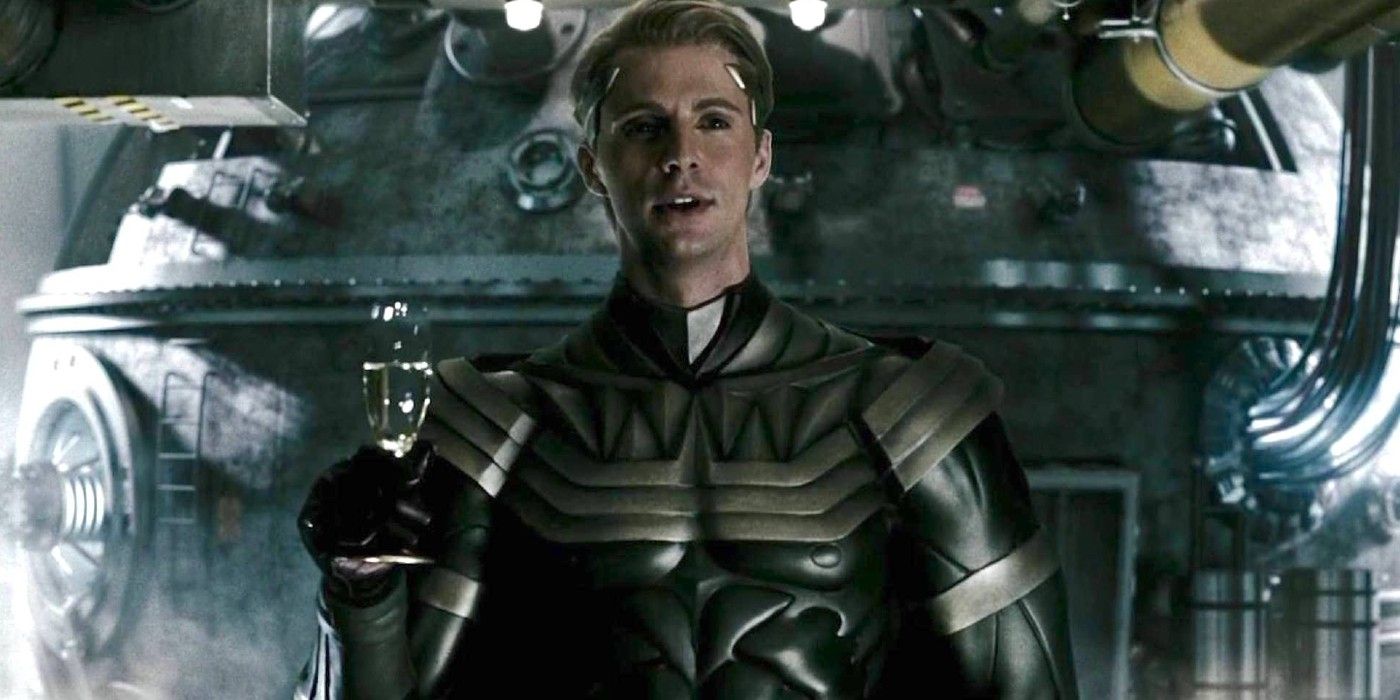
While the movie changes some of the details of Ozymandias’ plan from the comics, the main point is the same: Ozymandias plans to introduce a new, falsified common enemy and murder millions to unite humanity and effectively end the Cold War, preventing nuclear devastation. The movie dabbles in an intense ethical debate, as the Watchmen decide that there is no point in robbing the world of peace once the damage has been done. However, Watcmen’s ending seems to imply that the truth will be uncovered anyway.
2 Roy Batty
Blade Runner (1982)
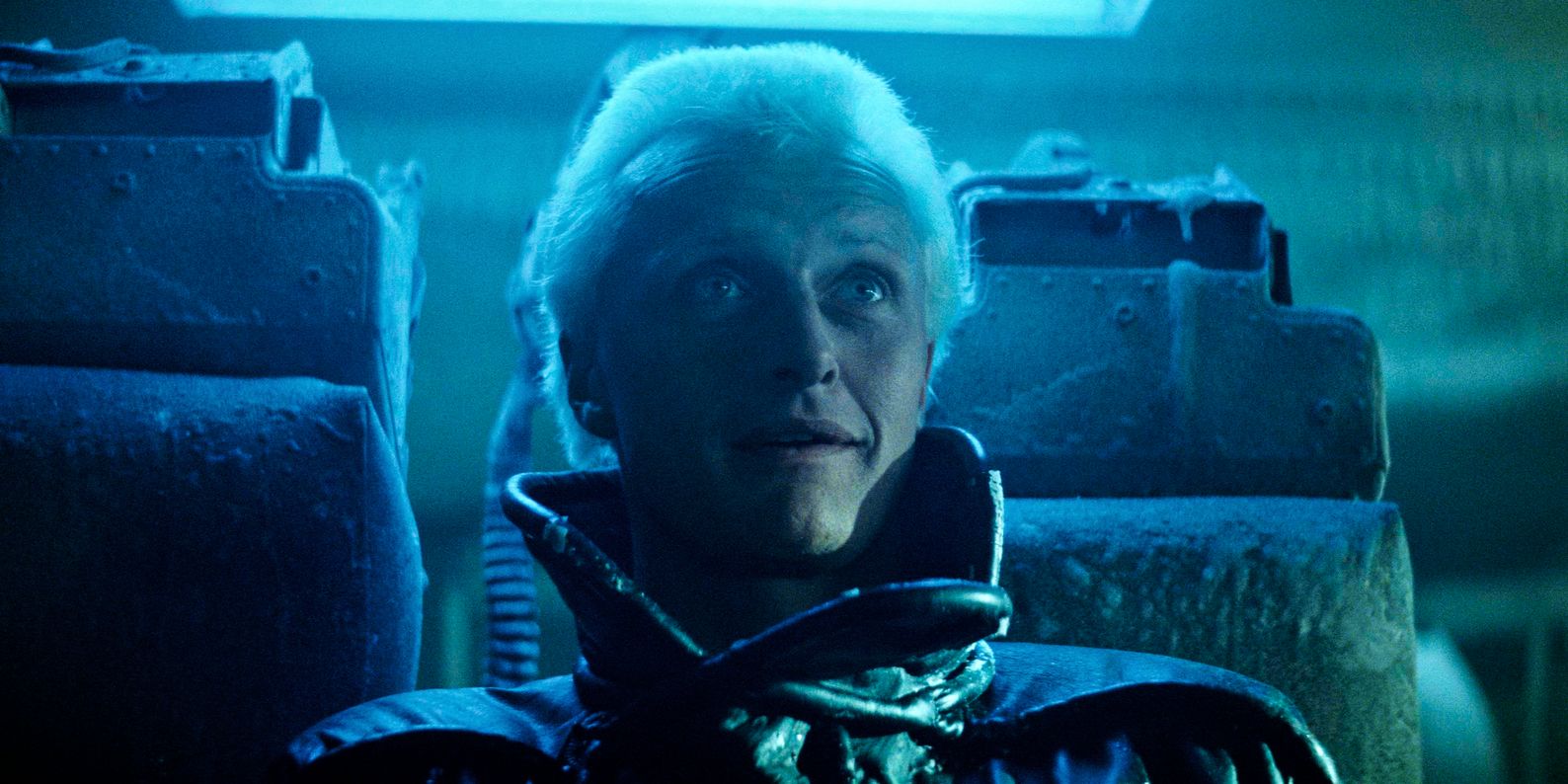
The Blade Runner movies are driven by questions about the rights of replicants, or artificial humans. In the first movie, the replicant Roy Batty is on the run with three other replicants with the simple goal of extending their lives. The protagonist Rick Deckard is assigned to find the rogue replicants and “retire” them, or essentially kill them. It is also revealed that the replicants are programmed to age prematurely, so they will die naturally within a few years anyway.
It is hard not to sympathize with Batty when all he wants is for himself and his friends to live longer. Batty admits his own villainy when he confronts Eldon Tyrell, the founder of the company that makes replicants, and begs him to extend his life. While he violently kills Tyrell, Batty later saves Deckard. Deckard’s choice to save Rachel from being retired suggests that he too understands Batty’s arguments.
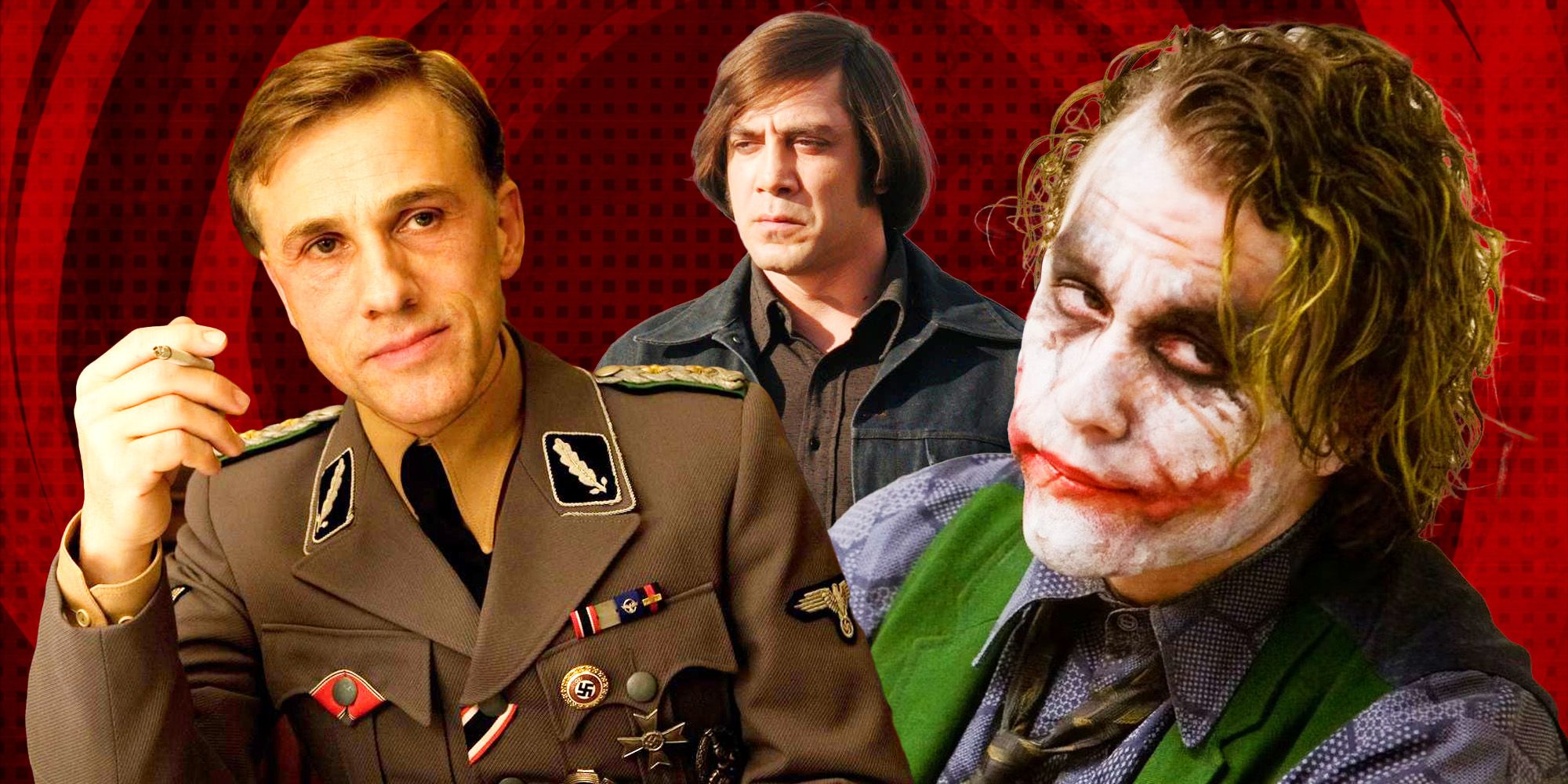
10 Most Chilling Movie Villains That Aren’t From Horror Films
While horror movies are known for having visceral, terrifying villains, many of the most chilling antagonists come from non-horror films.
1 Killmonger
Black Panther (2018)
Erik “Killmonger” Stevens’ primary goal is to combat racial injustice worldwide. At the British Museum, he points out to the museum director that the artifacts on display were stolen through colonial conquest, before taking them back by force. Killmonger understandably holds Wakanda’s royal family responsible for his father’s murder, but he is also angry with them more generally for refusing to use their resources to help Black people outside their country.
While T’Challa does everything in his power to prevent Killmonger from launching an attack on world governments, he agrees with his ideals. After his cousin’s death, T’Challa opens Wakanda to the world and begins an outreach program to help Black people and others of African descent. Even if he was a villain, Killmonger had a profound impact on T’Challa’s outlook and Wakanda’s future.




